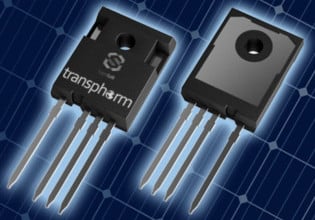The European Commission announced that it will deepen its collaboration with the government of Japan in energy research. The primary areas for cooperation are photovoltaics, power storage and carbon capture and storage (CCS). Following the experience of the new European Public-Private Partnership on fuel cells and hydrogen, both sides agreed that in the future fuel cells and hydrogen should form a further area of cooperation with an industry expert workshop to be organized jointly.
The collaboration was agreed upon at a common workshop in Tokyo of a high-ranking delegation from the European Commission Directorate-General for Research together with the Japanese Ministry of Economy, Trade and Industry and the New Energy and Industrial Technology Development Organization (NEDO) of Japan in March. The event was part of the recently launched EU-Japan Science and Technology Cooperation Agreement.
Both sides underlined: ’The cooperation between the EU and Japan in the field of energy research is of mutual benefit in assisting both sides to meet the current global energy challenges.’ The political energy and climate change dialogue should include research and development (R&D) aspects on a systematic basis.
The Director for Energy in the European Directorate-General for Research, Raffaele Liberali, agreed with the head of the Japanese delegation, Kazuhiko Hombu, Director General for Natural Resources and Energy Policy, to strengthen the cooperation: ’We will have more exchanges in many fields of energy research.’
The result will be a new joint rolling action plan including an enhanced exchange of information, scientists, managers and reviewers as well as more joint workshops on specific agreed sub-topics. Both sides also noted the potential of twinning of projects such as on power storage and CCS, and possible joint research projects for high-efficiency solar cells.
The Commission side expressed support for the greater participation of Japan in the EU Seventh Research Framework Programme (FP7). Both parties will also strengthen joint cooperation with other important emerging economies such as China or India.
Regular follow-up meetings will take place to assess progress made in the implementation of the cooperation and the further development thereof. The next joint meeting will take place in Europe before the end of the year.
In order to drastically reduce the world’s carbon dioxide (C02) emissions over the long term, it is absolutely necessary to develop innovative energy technologies. Japan has developed the Cool Earth - Innovative Energy Technology Program and the European Commission has developed the Strategic Energy Technology (SET) Plan to actively promote the development of these energy technologies.






